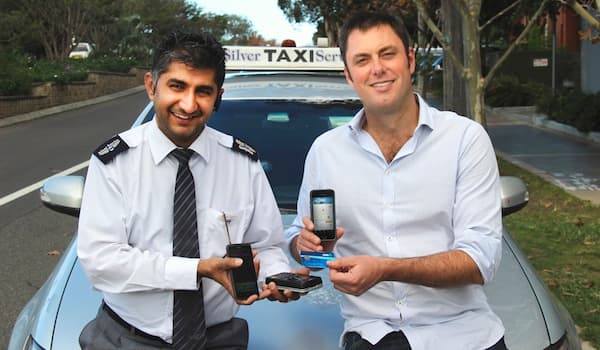Sydney startup ingogo has raised an impressive $9.1 million in a pre-IPO funding round, including $1.2 million via a crowdfunding platform.
The Australian mobile payment platform and taxi app received $1.2 million from almost 50 pre-approved investors on VentureCrowd, the first deal for the equity-based crowdfunding platform powered by Artesian Venture Partners.
“I’m pretty blow away,” Hamish Petrie, founder and Managing Director of ingogo, tells Dynamic Business. “Artesian did a great job. They raised a million [of the $1.2 million] in three days, which is pretty much the first time that’s been done in Australia.”
Ingogo began as a taxi booking and in-app payments model in 2013, and Petrie believes the company’s run so far has provided investors with confidence.
“We’ve been making really good progress in the taxi space that we started in and investors have been surveying and talking to taxi drivers and getting really good feedback,” says Petrie. “They saw that we were getting better and better results with the application. But more broadly, we announced the partnership with Xero and investors could see the lead that we have with mobile payments.”
Ingogo’s new partnership with software company Xero will see the service further its reach to SMEs, allowing them to process payments from customers with an app connected to a portable payment terminal via Bluetooth.
The service will offer businesses next day payments every day of the year and will allow them to streamline their workflow by processing micro transactions with automatic invoices.
“Payment systems are often complex and expensive,” says investor Craig Winkler. “By proving their system in one of the hardest environments around (in taxis), ingogo now have a great offering to make life easier for small-medium business owners.”
Ingogo’s success comes at a period of possible change for Australian crowdfunding regulations, with Tony Abbott expected to touch on the issue in a National Industry Investment and Competitiveness Agenda in the coming weeks.
The Corporations and Markets Advisory Committee have recommended that companies be limited to raising a maximum of $2 million from crowdfunding per year and that individuals only be allowed to invest $10,000 in crowdfunding endeavours. They also suggest that individual investments be spread across four companies. Treasury consultations are currently underway and are expected to go on until the end of the year.
“Australia needs more risk-taking and more innovation,” says Petrie. “To go and put blocks in the way of entrepreneurs is ludicrous. We’re competing globally and if politicians aren’t thinking globally the country’s going to fall behind.”

